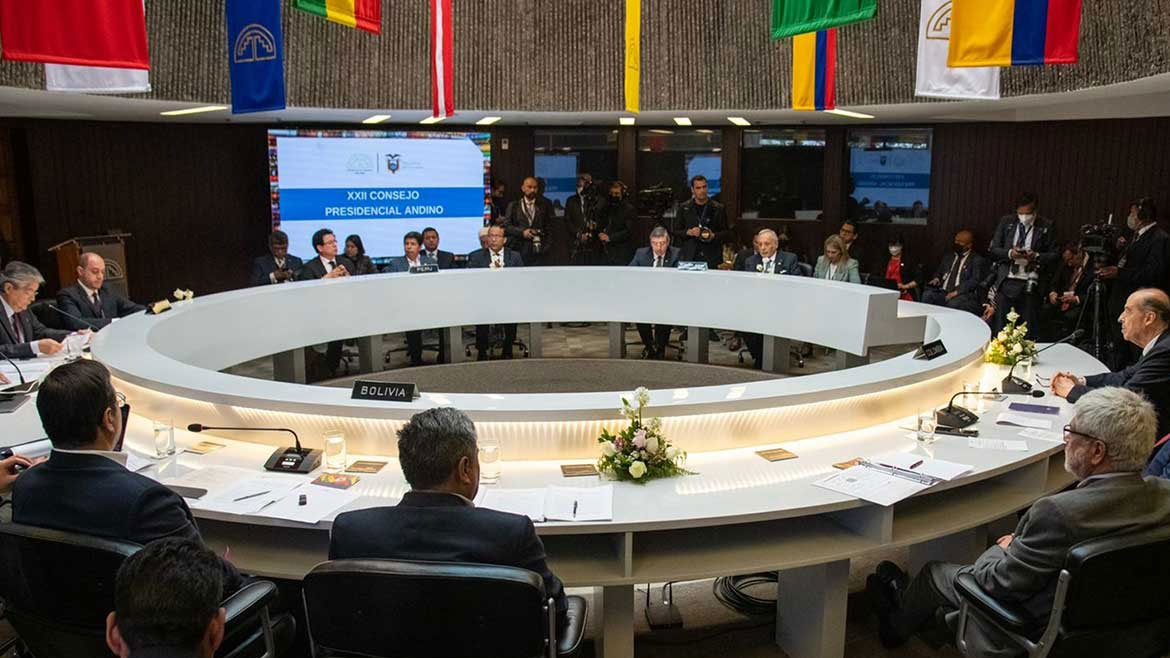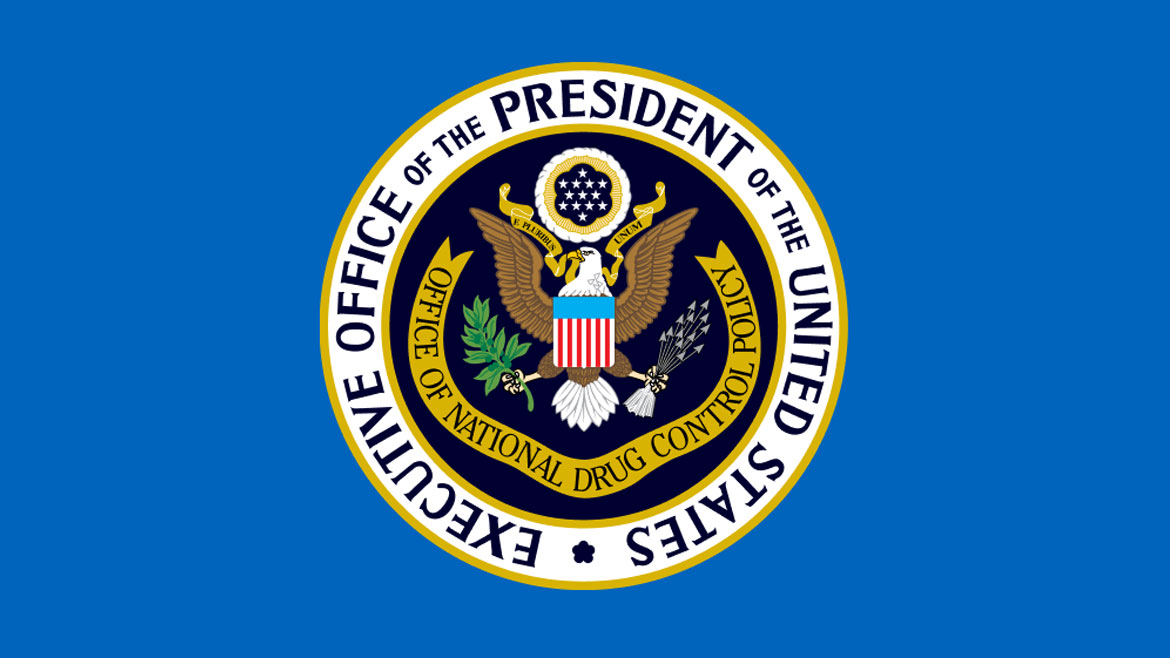Colombia’s President Gustavo Petro has made it clear that his government will combat drug trafficking with or without the government of the United States.
In his speech before the United Nations’ General assembly on Tuesday, Petro didn’t just fiercely condemn Washington DC’s counternarcotics policy in Latin America, but the mass incarceration of African Americans in the US.
If we do not correct course and this goes on for another 40 years, the United States will see 2,800,000 young people die of overdoses from fentanyl, which is not produced in our Latin America. It will see millions of African Americans imprisoned in its private jails. The African American prisoner will become the private prison enterprises’ business, a million more Latin Americans will be murdered, our waters and our green fields will be filled with blood, the dream of democracy will die in both my America and English-speaking America. Democracy will die where it was born.
President Gustavo Petro
“Addiction to money” destroying humanity, Petro tells UN
Why Petro’s attack on the War on Drugs matters
Condemning the US government’s counternarcotics policy isn’t new; Former President Juan Manuel Santos’ also claimed that “the War on Drugs has failed.”
Fifty years ago Nixon declared the world war on drugs. A fight that brings worse consequences every day. A lost war that urgently needs to be reconsidered. Prohibition is the original sin.
Former President Juan Manuel Santos
What is new is that Petro doesn’t seem interested in American money that is sent to foreign governments that help Washington DC implement its international counternarcotics policy.
This would be devastating for the US government’s counternarcotics efforts that wouldn’t amount to much without the help of Bogota.
While basically telling US President Joe Biden to fix his own country’s drug problem, Colombia’s President has been seeking a regional approach to combat drug trafficking.
Colombia to seek decriminalization of drugs despite US objections
A possible regional drug trafficking policy
At a meeting of the Andean Community meeting in August, Petro called on other presidents from the region to organize a meeting of Latin American and Caribbean leaders “to discuss drug policy, evaluate it, quantify it.”
The Colombian president proposed his South American counterparts to “see objectively if” the current drug policy” is effective or “is plunging us into a violent, bloody, antidemocratic abyss.”
It’s not for no reason, it is not a paradox, that if one puts the most world’s violent cities on a map of Latin America it traces the route of the export of illegal cocaine.
President Gustavo Petro
“We have failed in the past 50 years in something called the War on Drugs,” Petro told the presidents of Peru, Boliva, and Ecuador in the Peruvian capital of Lima.
There are millions of American prisoners, millions of Latin American prisoners and the statistics in the United States speak of 70,000 people who die every year from overdoses of other drugs on which the war was not waged.
President Gustavo Petro
The Colombian president referred to the recent surge in American deaths caused by fentanyl, a synthetic opioid that became popular among Americans who got addicted to legal narcotics.
Has the US become obsolete?
Petro has been looking for regional support amid concerns over the credibility of the US government, which suffered major damage during the administration of far-right former US President Donald Trump.
Biden has sought to reestablish his government’s standing in the international community, but could lose control over Congress after congressional elections that are held in November.
The 2023 presidential elections in America add to international uncertainty over the future of the US government’s future drug policy and foreign relations.
Meanwhile, Colombia’s cocaine production reached record levels in 2020, according to the United Nations, and American authorities have been reporting catastrophic numbers of fatal drug overdoses in the US.
The Center for Disease Control (CDC) said in May that 107,000 Americans died of an overdose in 2021, the highest number of drug-related deaths in the history of the US.
In the European Union, whose population is larger than the US, an estimated 6,800 people died of an overdose last year, the European Monitoring Centre for Drugs and Drug Addiction said last month.




